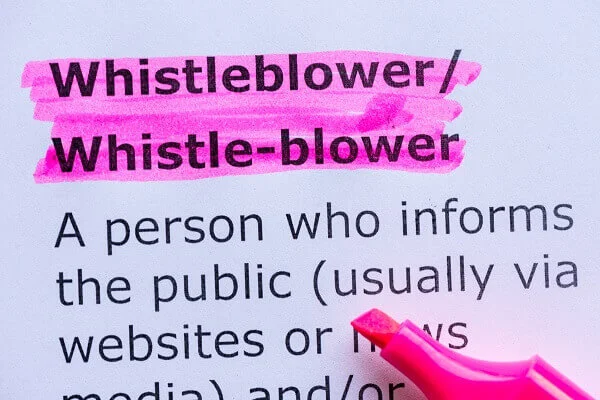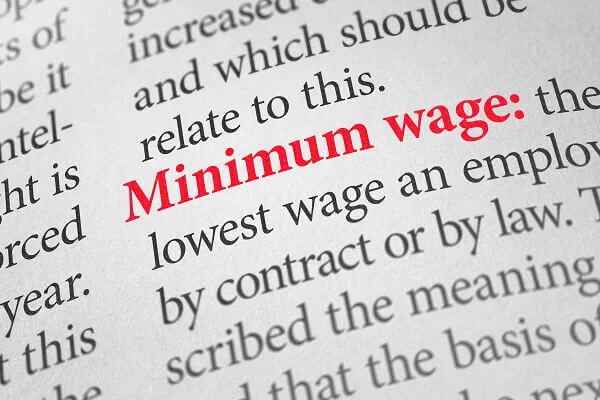Buying a house is very often the most important and expensive purchase in someone’s life. As such, it is crucial for a buyer to approach the sale process armed with as much information about the house as possible.
Only when a buyer is fully satisfied that all material information about the house has been identified, located, and made available, can the buyer make a truly informed decision about how to proceed.
The Home Inspection: It May Be a Deal Breaker
The Home Inspection (and any generated reports) is one of the primary sources of information relied upon by the buyer (and the lender who plans on financing the buyer’s mortgage).
Depending on the results of the Inspection, the buyer has a few options regarding how to move forward:
Proceed with the sale without making any adjustments to the sales price
Proceed with the sale, but with an adjusted sales price
For example, a buyer made an offer on a house based on the assumption that the house’s electrical system was up-to-code. The Home Inspection, however, revealed that the electrical system was actually not up-to-code. Research reveals that it will cost $10,000 to repair.
The buyer may still want to purchase the house, but for a reduced sales price that takes into account the $10,000 expense the buyer will now have to absorb in order to repair the electrical system
Rescind the offer altogether
Home Inspections: Worth the Expense
There are many benefits to Home Inspections, and these inspections have benefits that far outweigh the minimal cost of paying for the Inspection.
Buying a Home
Save Money Later By Identifying Problems Today
Identifying any problems with the property before the sale closes allows the buyer to request from the seller some or all remedial or replacement costs.
Moreover, an inspection may identify a problem that will be much less expensive to repair if fixed now, rather than after the problem erupts into a full-blown disaster.
Selling a Home
Commissioning an inspection of the home before listing it for sale provides valuable information for how best to list the house. An inspection will identify problem areas to the seller, who can then remedy the issues, reduce the selling price, or partake of other options to compensate for the flaw.
CKB VIENNA LLP: Experienced Attorneys Who Can Help. Contact Us Today
We help clients navigate the home inspection process. Our attorneys also work with clients to challenge the results of any inaccurate reports that may be negatively effecting the sale price of their home. Our real estate team understands the nuances of California’s real estate industry. We have offices in Rancho Cucamonga, San Bernardino, and Los Angeles. Contact us by telephone at 909.980.1040 or complete our online form.





















